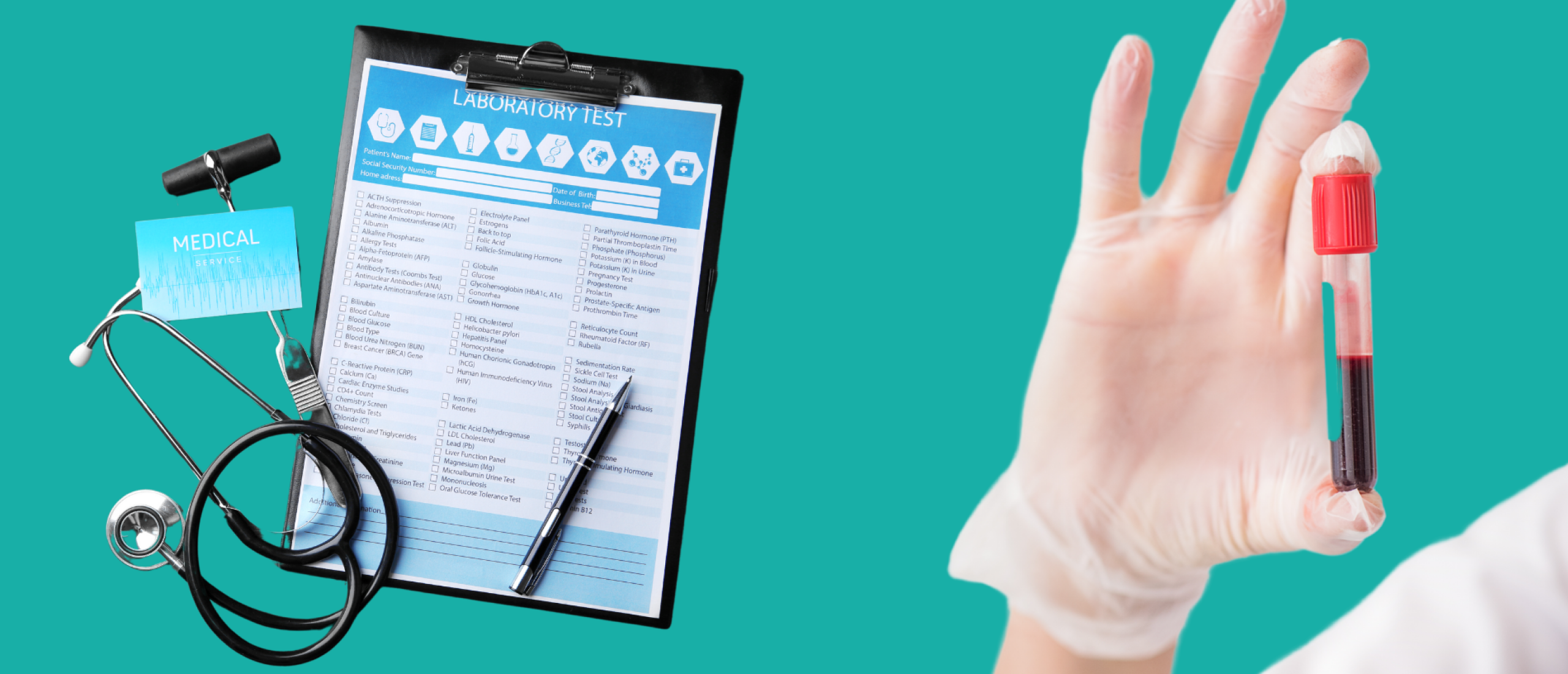Want to actively manage your health and detect potential risks early? Laboratory tests offer a valuable insight into your health by identifying potential deficiencies and genetic markers that can affect your well-being. In this blog, we explore essential tests that shed light on your health status and discuss what steps you can take to proactively address these findings.
1: Map Your Genetic Composition.
Common genetic variations, such as those in the MTHFR gene, can significantly affect your health by interfering with the processing of B vitamins, for example. This can lead to symptoms such as fatigue and mood swings. Suppose you are often tired and you wonder why. A methylation test can reveal whether your body has trouble converting folic acid, which is essential for neurotransmitter production and DNA repair, among other things.
2: Important Laboratory Tests for Health Monitoring
- Comprehensive Metabolic Panel: This panel is your first step toward a holistic health overview. It assesses your kidneys, liver, electrolyte balance and more. For example, elevated liver enzymes may be an early sign of liver problems that would go undetected without this test.
- Lipid profile: Heart disease is a leading cause of death worldwide. By monitoring your cholesterol and triglycerides, you can assess your risk of heart disease and adjust your diet and lifestyle if necessary.
- Thyroid function tests: A slow or overactive thyroid can have a major impact on your energy levels and overall health. These tests are essential to take the right steps for treatment or lifestyle adjustments.
3: Nutrient Deficiencies and Their Impact.
Deficiencies of vitamin D, magnesium and B vitamins are widespread and can cause serious health problems. Think fatigue, muscle weakness and feelings of depression. Regular tests can reveal these deficiencies, allowing you to take targeted supplements or adjust your diet.
4: Advanced Tests for Deep Insights
- Hormone Panels: Did you know that an imbalance in your hormones can lead to problems such as weight gain, fatigue, or even depression? By monitoring your hormone levels, you can take appropriate measures to optimize your health.
- Inflammation markers: Information about inflammation levels in your body, such as C-reactive protein, can be essential for taking early action against diseases such as heart disease and certain cancers.
Conclusion: Your health is your most valuable asset. With regular laboratory tests, you can gain a deep understanding of your health status, detect potential problems early and take effective action. Talk to your healthcare provider about which tests make the most sense for you based on your personal health history and genetic profile.

